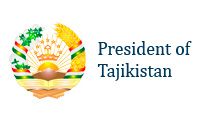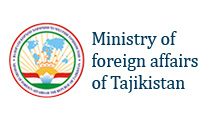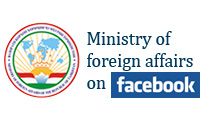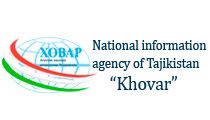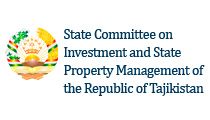Question: What is the major achievement of Tajikistan diplomatic service over the years of Independence?
Asliddin Rakhmatov:
Supporting the achievement and consolidation of peace is the major task of diplomacy. With great sense of sorrow, we recall the early 1990s when our country faced with the tragedy of the civil conflict. The Ministry of Foreign Affairs was at the stage of establishment then and did not have sufficient material and human resources. At first only 11 employees provided the operation of this government department. Over time, the ministry staff and opportunities have increased, but the task to promote the peace process remained a critical challenge at that time.
It should be noted that despite all difficulties the Ministry of Foreign Affairs of Tajikistan under the Leadership of the Founder of Peace and National Unity – Leader of the Nation, President of the Republic of Tajikistan, H.E. Emomali Rahmon, professionally coped with the tasks assigned and has made its vital contribution to the signing of the General Agreement on the Establishment of Peace and National Accord in 1997 that put an end to the civil conflict. It was a great merit of the country’s diplomatic service and its major achievement.
Question: What’s the role of country’s foreign policy at international arena?
Asliddin Rakhmatov:
The development of multilateral and mutually fruitful relations with all countries of the world is one of the most important priorities. Tajikistan officially proclaimed “Open Doors” policy thus expressing readiness for transparent cooperation based on trusting and constructive relationships. Tajikistan is an active member of the world international organizations. The country is actively promoting its initiatives to the UN on international cooperation in the water resources and has earned the role of one of the “water policy” world centres.
It is encouraging that Tajikistan has recently joined the Economic and Social Council (ECOSOC) for 2017-2018, which will provide the country with new opportunities to make a greater contribution to the development of the UN social and economic programs. At the regional level Tajikistan is a member of prestigious organizations, one of which is the Shanghai Cooperation Organization (SCO). The success of the SCO summit in Dushanbe in 2014 once again confirmed our country’s commitment to the goals and objectives of this influential organization in maintaining peace and international development.
Question: How do you estimate Tajikistan-UK bilateral relationship?
Asliddin Rakhmatov:
Bilateral relations between the Republic of Tajikistan and the United Kingdom are in the process of progressive development. The UK supports Tajikistan through DFID projects in the development of the energy sector, agriculture, improvement of the business environment and to enhance stability at the borders. Close relationship between the two parliaments has become a good tradition. The British-Tajikistan All Party Parliamentary Group successfully operates in the UK Parliament and almost every year with the participation of the Embassy organizes meetings and events dedicated to Tajikistan – the recent was held in the UK Parliament in July this year.
In turn, Tajikistan Parliament also set up a group of friendship and inter-parliamentary cooperation that provides close bilateral relations between our countries. Partnerships in the humanitarian field have also positively developed; the two countries applied their efforts to better represent culture of their country in the host country. Relatively recent they were bright theatrical performances of the Globe Theatre in Dushanbe at the end of last year and Tajikistan State Theatre named after Tuhfa Fozylovova in London during the current month.
Question: What about economy and tourism? What’s the main sector of the economy of Tajikistan and how it could be interest for UK companies?
Asliddin Rakhmatov:
Tajikistan has a huge untapped potential for hydropower development. Along with the large growing demand for electricity consumption in the region, it creates good opportunities for investment in this area. Necessary infrastructure to export electricity from Tajikistan to the south part of the region is currently under construction and this in turn requires a lot of work in different areas of the economy – from building of transmission lines to consulting, high technology, training and education. I believe it could be a particular area of interest for foreign investments.
With regards to tourism, the data on the rate of tourism sustainable growth in the number of tourists visiting the country indicate a growing interest in tourism sector of Tajikistan. The Government of the country declared the next year to be a year of Sustainable Tourism Development, a serious program on improvement of this sector of the economy was approved. We observe a pleasant fact that many of the British tourists who once visited Tajikistan come back again next years. In this regard, the Embassy is working with British tour operators specializing in the region, making efforts to increase the number of those British citizens who travel to Tajikistan.
Question: How is the future of Tajikistan’s relations with the UK?
Asliddin Rakhmatov:
I can say with confidence that there is a big room for further expansion and strengthening of current prospects in the future development of bilateral relations between Tajikistan and the United Kingdom, which should be used. Next year will mark the 25th anniversary of the establishment of diplomatic relations between our countries. This is a milestone anniversary and a good reason for even closer co-operation for the good of productive bilateral cooperation.
Taking this opportunity, I would like to extend my congratulations to all veterans and colleagues of the Diplomatic Service of Tajikistan in connection with their professional holiday, which was celebrated for the first-time last month, and wish them the best of health and every success in their work.
Thank you.




